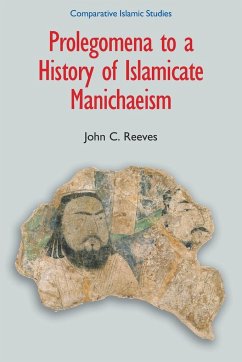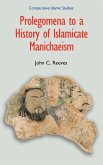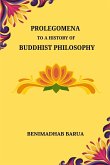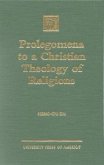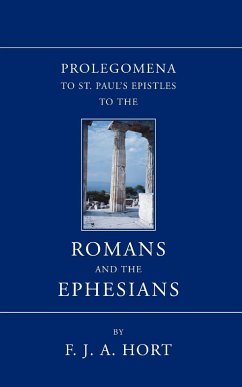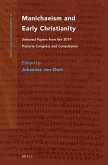Prolegomena to a History of Islamicate Manichaeism provides an annotated anthology of primary sources highlighting Manichaeism, a dualist religion emerging in Mesopotamia in the third century and which spread rapidly throughout the Roman and Sasanian empires until it was violently suppressed by both polities. It nevertheless continued to flourish - largely clandestinely - in the Near East, Central Asia, and China until it finally disappeared at the beginning of the seventeenth century. This book translates and assesses the importance of a number of Arabic, Persian, Syriac, and even Hebrew language testimonies for a better understanding of the cultural importance of what many scholars characterize as the first 'world religion'.
Bitte wählen Sie Ihr Anliegen aus.
Rechnungen
Retourenschein anfordern
Bestellstatus
Storno

